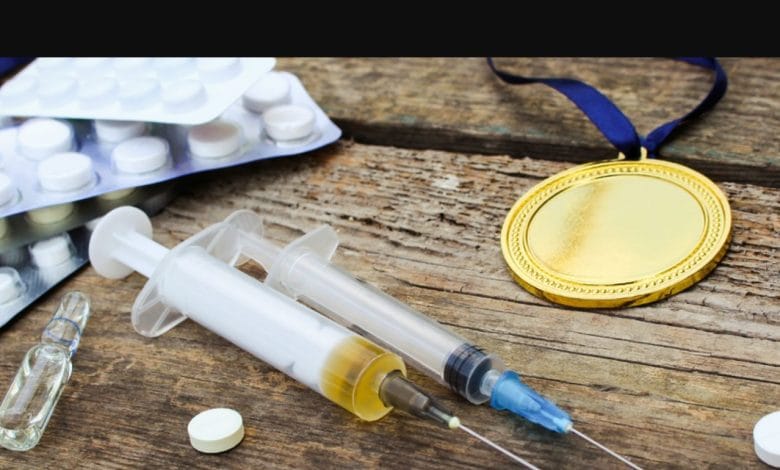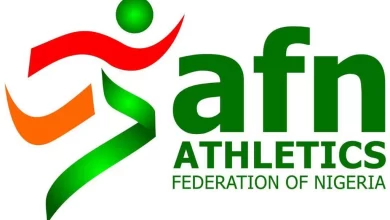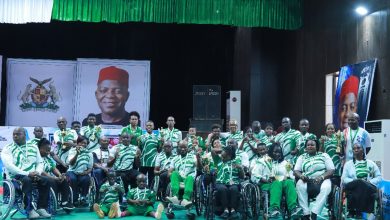Athletics Federation of India to target coaches, identify and report ‘hideouts’ in fight against doping

Athletics Federation of India, AFI, has tasked the Anti-Doping Cell it created to identify coaches involved in doping rackets, ‘draw up a list of training centres across the country that are ‘hideouts’ for dope cheats’ and share this intelligence with watchdogs like the Monaco-based Athletics Integrity Unit (AIU) and the National Anti-Doping Agency (NADA).
To this end, the AFI says all coaches have been asked to mandatorily register on its portal and athletes will have to mention the name of the coach when they file entry for competitions, a move that is proposed as a deterrent to doping.
According to Indian Express newspaper, ‘the AFI is also discussing venturing into unchartered territory of collecting samples for dope testing and storing and transporting them to an accredited laboratory to reduce the workload of NADA and catch more dope cheats.’
‘The AFI’s major push to weed out athletes comes on the heels of the recommendations of a six-member committee, constituted because of the surge in positive cases. The committee was headed by Special CP (Delhi Police) Sagar Preet Hooda and included chief national coach Radhakrishnan Nair. The proposals of the committee were tabled at AFI’s AGM in Chandigarh last week,’ wrote the newspaper.
‘The rise in doping cases in athletics was the reason for the formation of the committee and the AFI had sought its recommendations,’ Parth Goswami, a special invitee of the committee and a member of the Disciplinary and Appeals Panel for World Athletics, was quoted by the newspaper to have said.
The newspaper says that among countries which tested over 2,000 samples, ‘India recorded the highest percentage of failed dope tests – 3.2 % or 125 positive cases out of 3,865 – according to the 2022 Testing Figures Report, the latest figures released by the World Anti-Doping Agency in April last year. AIU’s latest list of ineligible athletes has 108 Indians in a total of 481.’
The Federation’s crackdown on coaches, the Indian Express also reported, ‘is aimed at stopping them from cajoling young athletes to use banned substances for quick gains. This malpractice is prevalent among teenage athletes and if unchecked, it can result in wheels coming off a seemingly promising career when the athlete progresses to the senior level.’
‘The committee was of the unanimous view that only in rare cases does a coach not know that an athlete is doping. Coaches know, therefore it is important that coaches are the main focus. It is happening at the grassroots and with minor athletes. There is a recommendation to register all coaches with the AFI.
‘And athletes when registering for an event will write their coach’s name also. We have in the past seen certain cases where athletes have refused to name their coaches even after getting caught. They had been prepared in such a manner that they did not reveal who their coach was,’ Goswami, a senior sports lawyer, was also quoted to have said.
It was also reported that ‘coaches involved in doping will not be part of junior or senior teams and will be blacklisted. The Anti-Doping Cell will also prepare a list of coaches involved in doping to be shared with top AFI officials who in turn will handover the names to NADA and AIU.’



